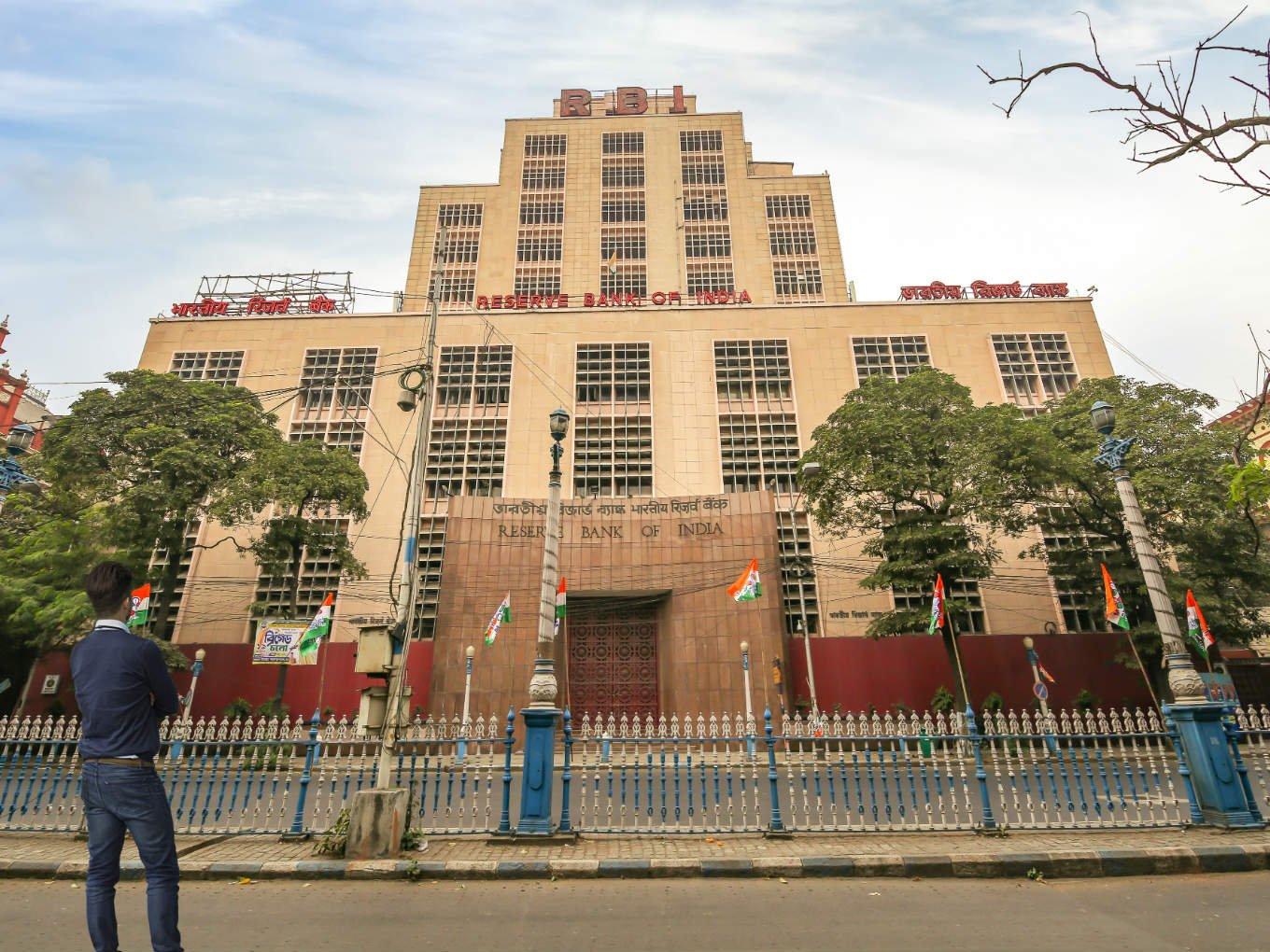
The draft policy paper seeks to minimise concentration risk in the retail payments
The rise of several payments systems has raised certain questions: RBI
RBI has suggested a competitive open environment
The Reserve Bank of India (RBI) has encouraged more retail payments companies to participate in India’s rapidly expanding fintech digital transactions space on Monday (Janauary 21). The central bank also invited public comments on the ‘Authorisation of New Retail Payment Systems,’ a draft policy paper for private parties that seeks to minimise the concentration risk in the country’s retail payments such as UPI, IMPS, NACH, IMT, etc.
The RBI has stated in a note that payment systems in India have grown in a manner which is dominated by a few operators while there are a wide array of payment systems. “This has given rise to certain questions which range largely around concerns of concentration, need for competition and the resultant impact on economic efficiency and financial stability,” the central bank said.
Therefore, the RBI has suggested a competitive open environment for players to innovate. However, this would need interoperability between all the platforms, it said. The central bank has further stated that the norm could allow multiple entities to set up payment systems in India.
Commenting on RBI’s stand, Vinay Kalantri, founder of a mobile wallet startup Tmw Fintech Pvt Ltd said, “The entry of more pan-India players will increase the depth and breadth of the market. Since the addressable market for the payment industry is huge there will be a place for everybody. And, more competition may lead to more innovations that will ultimately benefit all the stakeholders.”
Uddyam Mukherjee of a law firm Verus says that the initiative is laudable, however, it will have to be seen how stakeholders react considering the high levels of stress due to an extremely competitive market.
He asserted, “New entrants will further have to compete with the wide array of products already developed and offered by the NPCI, which has already scaled up due to a first-mover advantage.”
In October last year, NPCI processed nearly 48% of the retail electronic payment transactions in volume.
“Proposals like a phased approach for new entrants, and reducing the minimum net-worth requirement for payment system operators will surely create a conducive environment,” Mukherjee further said.
The RBI has sought public opinion comments on the policy paper by February 20, 2019.




 Fintech
Fintech Travel Tech
Travel Tech Electric Vehicle
Electric Vehicle Health Tech
Health Tech Edtech
Edtech IT
IT Logistics
Logistics Retail
Retail Ecommerce
Ecommerce Startup Ecosystem
Startup Ecosystem Enterprise Tech
Enterprise Tech Clean Tech
Clean Tech Consumer Internet
Consumer Internet Agritech
Agritech































